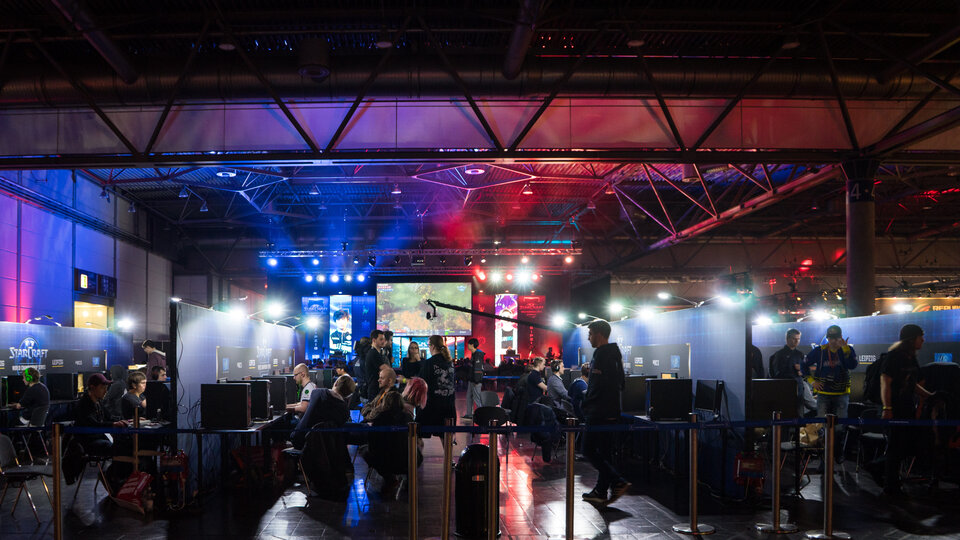MMOs and MMORPGs have been a fixture of the global gaming industry for decades. From early titles like Habitat to modern-day hits such as The Elder Scrolls Online, these games have been a constant source of entertainment and competition for players worldwide.
As the industry has entered public consciousness, the eSports sector has begun to emerge. Competitive video gaming is now on the world’s stage, and audience numbers in their millions tune in to watch pro gamers duke it out for trophies and titles. The rise of eSports has even created new markets such as eSports betting, in which gaming fans make use of wagering offers available at the likes of OddsChecker to back their favorite teams and players.
Although eSports in 2023 is mostly about FPS, MMOs played a crucial role in kickstarting the sector. This article will explore the history of online multiplayer gaming in eSports and ask if there’s a place at the top of the leaderboard for this popular gaming genre.
The History of MMO Gaming in eSports
The early days of eSports were dominated by first-person shooters like Doom and Quake, which were played competitively in LAN tournaments. However, as the internet became more widely available and game developers began experimenting with online multiplayer formats, a new form of competitive video gaming emerged. MMORPGs like EverQuest suddenly allowed players to compete against each other on a massive scale, and soon these games were the focus of major tourneys.
Of course, one of the massively multiplayer games in eSports was Blizzard Entertainment’s World of Warcraft. First released in 2004, the title quickly became one of the most successful of all time, with over 100 million accounts created by 2014. WoW’s popularity and massive player base made it an obvious choice for competitive gaming, and soon online tournaments and leagues were in play all across the world.
eSports in 2023
In 2023, eSports is a billion-dollar ecosystem that includes millions of players, fans, leagues and organizations, as well as mainstream media and entertainment brands. The biggest genres dominating the industry as it is today include first-person shooters, strategy games and MOBAs (Multiplayer Online Battle Arenas).
The likes of Call of Duty, Overwatch and, more recently, VALORANT are now a staple of eSports. Their fast-paced action and intense competitive elements make them a favorite among players and fans alike. Meanwhile, strategy games like Starcraft II and League of Legends command substantial audience numbers. Finally, MOBAs (Dota 2 and League of Legends) have become the most popular genre in eSports, with their fast-paced gameplay creating massive player and fanbases.
Is There a Place for MMO Gaming in eSports Today?
While MMOs like World of Warcraft played an important role in the early days of eSports, their popularity has waned somewhat in recent years. This is due in part to the fact that MMO and MMORPG games aren’t always as well-suited to professional competitive play as other genres. These titles’ complex systems and game mechanics can be difficult for new players to understand, making them less accessible to a general fanbase.
Additionally, the sheer scale of MMORPG games can make competitive play difficult. Games in this genre are typically characterized by huge open-world environments that invite players to roam and explore at their own pace. The slow-moving nature of some MMORPGs can make them less exciting to watch than other genres from the point of view of the spectator.
Despite these challenges, however, there are still some massively multiplayer games that have managed to carve out a place in the world of eSports. Take Guild Wars 2, for example, this popular MMORPG that has been played competitively for years. The game’s PvP (Player versus Player) system has been designed with balance in mind, which makes it a popular choice for competitive play.
Meanwhile, Final Fantasy XIV, with its robust PvP gameplay, has been the focus of several online eSports tournaments since it was released in 2010. The Final Fantasy series already has a substantial player and fan base, and the fourteenth edition quickly gained a following in the eSports realm.





